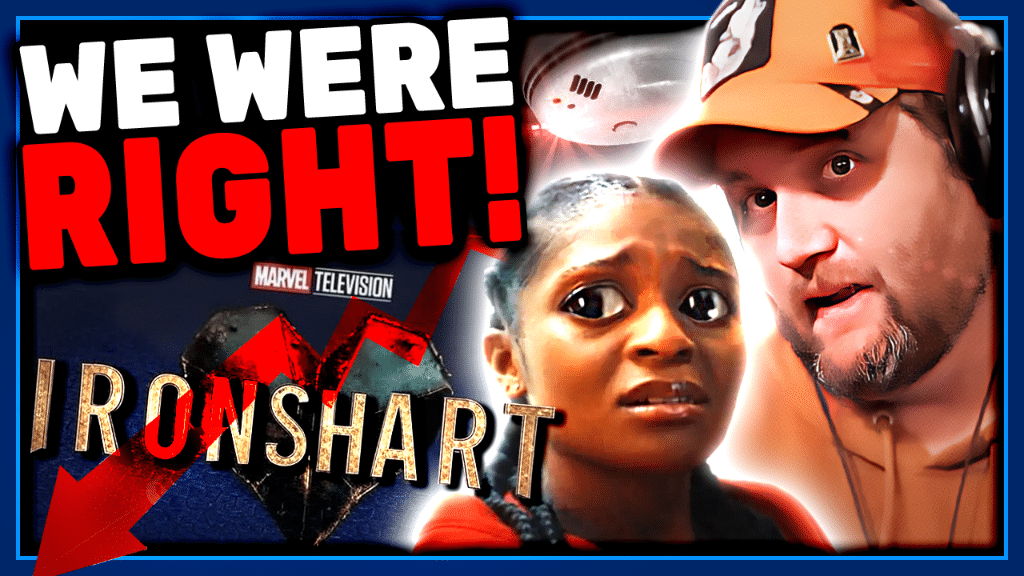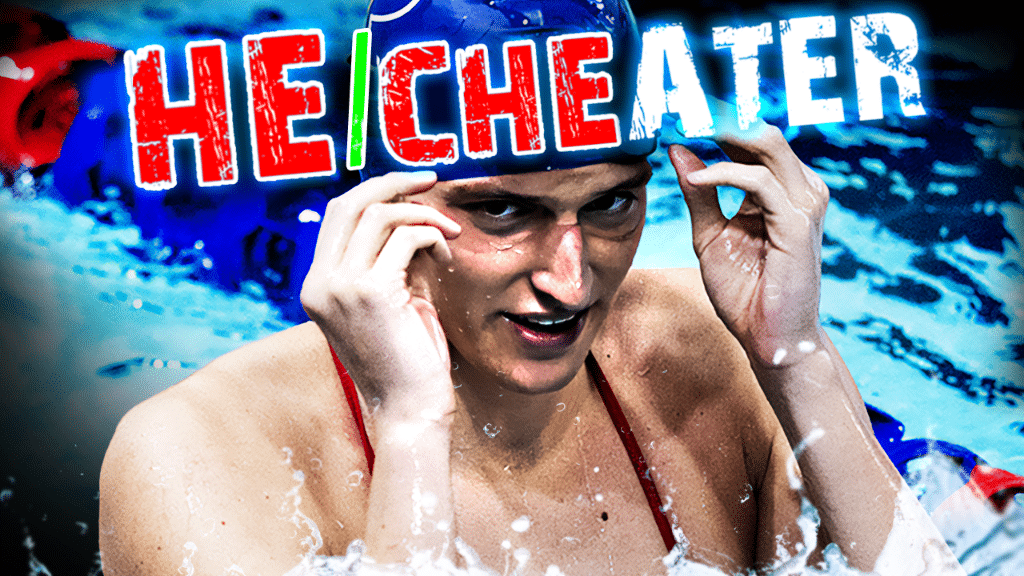Andrew Tate called it a “major victory” after a Romanian court ruled that some of the evidence in his high-profile human trafficking case should be excluded.
The court ordered prosecutors to remove parts of the collected evidence and gave them five days to decide whether to proceed with the trial or return the case for revisions.
Tate and his brother Tristan, along with two Romanian women, were indicted in mid-2023 on charges of human trafficking, rape, and forming a criminal gang to exploit women. All four deny the accusations.

Tate’s legal team called the court’s decision a “groundbreaking moment” and a “pivotal step” in their legal fight, claiming it showed flaws in the prosecution’s case. Lead attorney Eugen Vidineac said, “This is a monumental victory for our clients, who have maintained their innocence. Excluding key evidence shows the charges lack substance, and this is a critical step toward clearing their names.”
The case involves Romania’s anti-crime agency, DIICOT, which is investigating allegations of trafficking, including minors, sexual exploitation, money laundering, and tampering with statements from 2014 to 2024. Seven women were initially named as victims, reportedly recruited through false promises of love and marriage, then allegedly forced into pornography under surveillance.
The Tates, dual US-UK nationals, are also wanted in the UK for separate allegations of sexual assault, which they also deny.
Currently under house arrest in Romania, Andrew and Tristan have repeatedly claimed the investigation is a setup. Andrew Tate said, “This is a stitch-up. Thirty of those girls say we did nothing wrong. Two are the mothers of our children.”
The court’s ruling has delayed the trial, raising questions about whether the case will move forward as prosecutors must revise their charges. Tate’s team sees this as a step toward proving their innocence, while critics argue the charges still paint a troubling picture.













